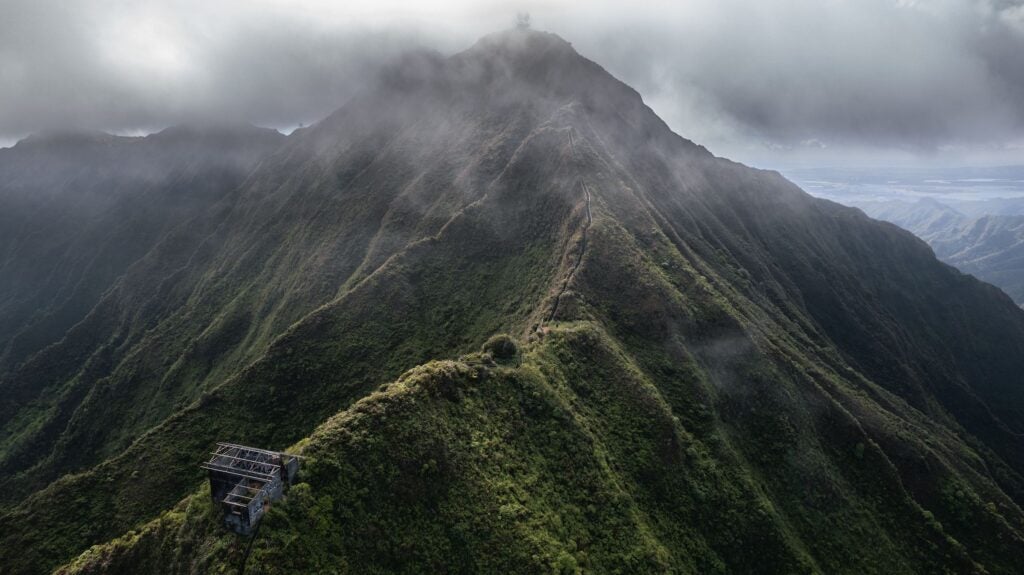Products You May Like
Get full access to Outside Learn, our online education hub featuring in-depth fitness, nutrition, and adventure courses and more than 2,000 instructional videos when you sign up for Outside+
Sign up for Outside+ today.
Hikers in Hawaii might have to shell out thousands of dollars for their own rescues, according to a bill currently moving through the state legislature. In January, State Senator Lynn DeCoite introduced Senate Bill 786 that would obligate hikers to pay rescue fees if they were “ignoring warning signs, leaving a hiking trail to enter a prohibited area, or hiking on a trail closed to the public.” According to the bill, distressed, law-abiding hikers wouldn’t need to pay for their rescue.
Under the proposed SB 786, rescued hikers would have to reimburse at least half the fees resulting from their rescue. With helicopter operating costs rising to $2,500 per hour and rescue missions averaging two hours, hikers will have to cough up quite a bit if they get themselves into trouble. This isn’t the first time the state has tried to introduce legislation like this: For decades, lawmakers have tried to pass bills about rescue fee reimbursement, such as this one in 2019 that imposed fees up to $1,000 in addition to search and rescue cost reimbursements. (Should this bill pass, it will be a while before it kicks in: As written, the proposed law would go into effect in 2050.)
Hawaii isn’t the only state to introduce or propose legislation like this. Idaho, Maine, New Hampshire, Oregon, South Dakota, and Vermont have all passed legislation that “allows the state to offset the costs associated with the search or rescue by seeking reimbursement from the rescued party,” though among those only New Hampshire regularly charges hikers for rescue.
Both the Honolulu police and fire departments oppose this bill. Major Shellie Paiva of the HPD wrote a testimony in opposition saying “there is no existing mechanism to seek reimbursement for these situations. In addition, it may deter or delay prompt notification of first responder agencies by persons who may need to be rescued. Such a delay in a request for assistance could make the situation worse and further endanger the lives of those persons as well as first responders.”
As debate continues, so do the rescues. On Monday, March 6, the Honolulu Fire Department had to rescue an injured hiker from Stairway to Heaven, one of Oahu’s greatest attractions for ambitious hikers. The trail happens to be illegal to hike: It’s been closed since the 1980s, so it’s not maintained and hazardous, but hikers still pass the “No Trespassing” signs and ascend the 3,922 steps for a view of the canyon below. This week’s rescued hiker could ascend up the thousands of stairs, but he couldn’t descend them, even with the help of two fellow hikers.
Stairway to Heaven, also known as the Haiku Stairs, was a U.S. Navy radio relay station in World War II; today, public access is prohibited, but it’s still one of the most common rescue locations in the state. Police have cited and even arrested hundreds of hikers for trespassing on this trail, and although rare, sometimes they have waited at the top of the mountain to punish incoming summiting trespassers.
